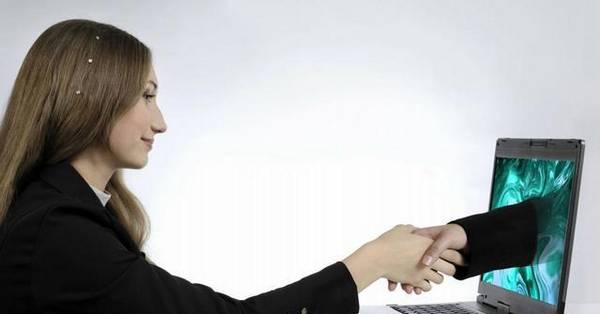一、详细释义:
adj.
男性的;男子气概的
例句:
She has a rather masculine voice.
她的声音有点男性化。
例句:
The Duke's study was very masculine, with deep red wall-covering and dark oak shelving.
公爵的书房颇具阳刚气,深红色墙纸,深色的橡木搁板。
例句:
In my room, ceramic tiles overlie the cement floor.
我房间里的瓷砖在水泥的上层。
例句:
I have the magazine!
我有这本杂志!
【语法】阳性的
例句:
Bull, ram, king and actor are masculine.
公牛,公羊,国王和男演员都是阳性的。
例句:
Some languages show a bias for the masculine gender.
有些语言表现出了对阳性的偏爱。
n.
阳性;阳性词
例句:
English nouns can be divided into four categories: masculine, feminine, common and neuter.
英语名词中四种不同类别的性:阳性、阴性、通性和中性。
例句:
Even those languages that do have grammatical genders define and use masculine-feminine-neuter in widely different ways.
就是那些有语法性别的语言,在对阳性——阴性——中性的定义和使用的方式上也存在着很大的差异。
男性
例句:
They fear and despise the masculine.
他们害怕并且鄙视男性化。
二、词义辨析:
masculine,male,manly
这些形容词均含“男人的,男性的”之意。masculine指有男子特征的,阳刚的。用于形容女性时,含轻蔑意味。male单纯指男性或雄性。manly指适合男子的、有男子汉气慨的。
三、参考例句:
She looks rather masculine in that suit.
她穿着那套衣服看上去有些男性化。
She has a rather masculine voice.
她的声音有点男性化。
She has a rather masculine voice.
她的声音有点男性化。
There are three genders in German: masculine, feminine and neuter.
德语中有三性: 阳性、 阴性和中性。
Some languages show a bias for the masculine gender.
有些语言表现出了对阳性的偏爱。
In the modern competitive society, masculine characteristic will certainly put one at an advantage.
在现代这个竞争性的社会里,男性性格显然会使一个人处于优势地位。
The Duke's study was very masculine, with deep red wall-covering and dark oak shelving.
公爵的书房颇具阳刚气,深红色墙纸,深色的橡木搁板。
Aries, a masculine sign, loves to lead and hates to follow.
白羊座的人,具有男人的性格,喜欢去主导一件事而不是盲从。
The team also found that the perception that masculine males appear aggressive increased with urbanisation.
该研究团队还发现城市化程度越高,男性化特征显著的男性会被认为越有攻击性。





